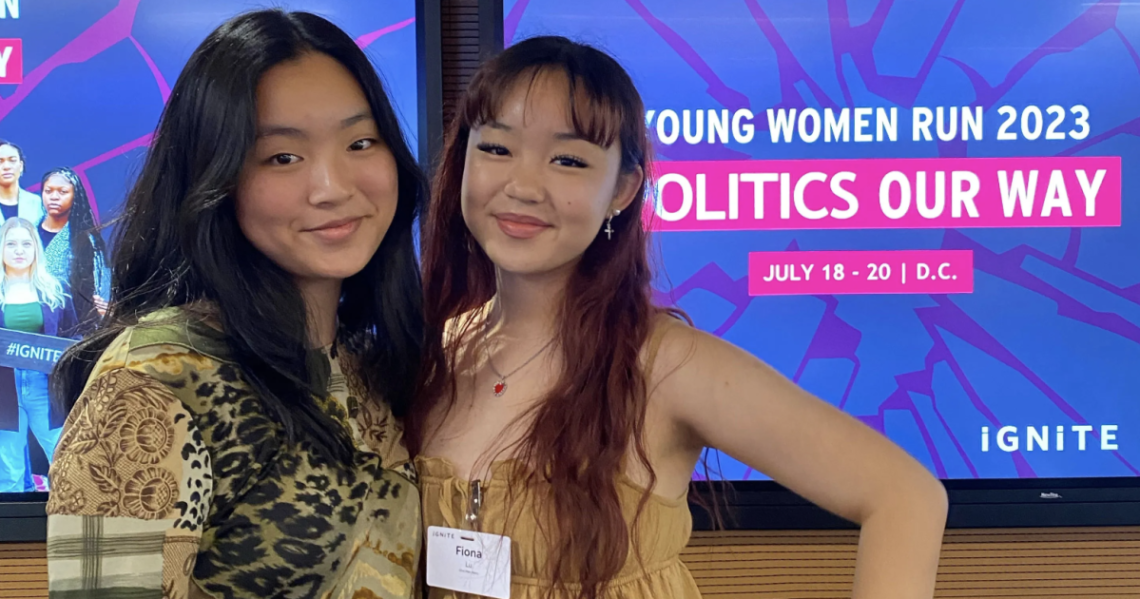When she was in ninth grade, Fiona Lu fell into a depression. She had trouble adjusting to her new high school in Orange County, California, and felt so isolated and exhausted that she cried every morning.
Lu wanted to get help, but her Medi-Cal plan wouldn’t cover therapy unless she had permission from a parent or guardian.
Her mother — a single parent and an immigrant from China — worked long hours to provide for Fiona, her brother, and her grandmother. Finding time to explain to her mom what therapy was, and why she needed it, felt like too much of an obstacle.
“I wouldn’t want her to have to sign all these forms and go to therapy with me,” said Lu, now 18 and a freshman at UCLA. “There’s a lot of rhetoric in immigrant cultures that having mental health concerns and getting treatment for that is a Western phenomenon.”
By her senior year of high school, Lu turned that experience into activism. She campaigned to change state policy to allow children 12 and older living in low-income households to get mental health counseling without their parents’ consent.
In October of last year, Gov. Gavin Newsom signed a new law expanding access to young patients covered by Medicaid, which is called Medi-Cal in California.
Teenagers with commercial insurance have had this privilege in the state for more than a decade. Yet parents of children who already had the ability to access care on their own were among the most vocal in opposing the expansion of that coverage by Medi-Cal.
Many parents seized on the bill to air grievances about how much control they believe the state has over their children, especially around gender identity and care.
One mother appeared on Fox News last spring calling school therapists “indoctrinators” and saying the bill…
Read the full article here







